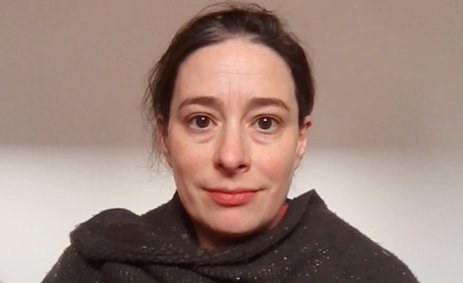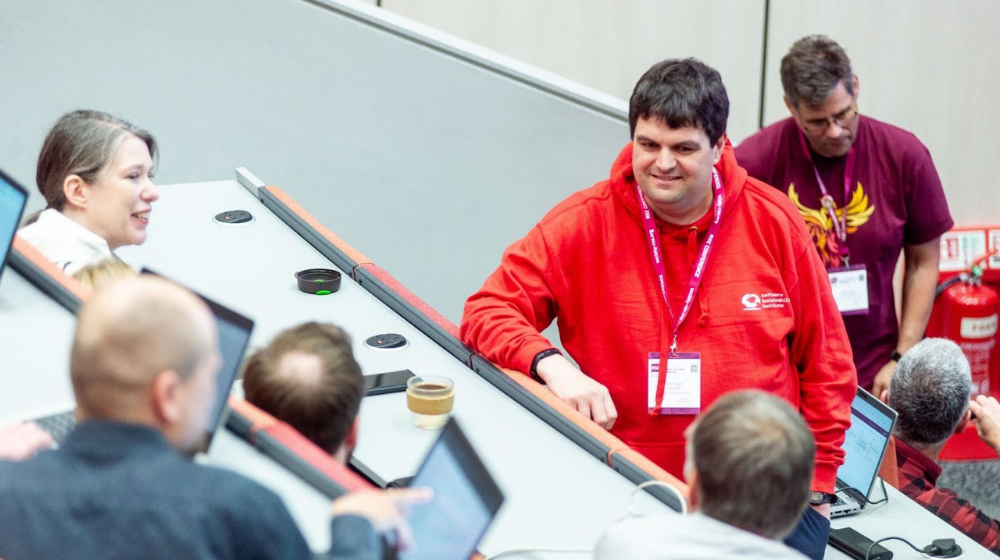Reducing the environmental impact of research
In response to the urgency of the climate crisis, the UK government has committed to achieving net zero emissions by 2040, necessitating significant reductions across all sectors. While research plays a vital role in societal advancement and environmental protection, our community must also contribute to these efforts and can even lead the way by exemplifying best practices. Initiatives like the Concordat for Environmentally Sustainable Research, developed by Wellcome and UK Research and Innovation (UKRI), reflect institutional support for advancing environmental sustainability. Additionally, many grassroots movements are actively addressing these issues. However, the lack of coordination between these various initiatives currently hinders the pace of change.
RSECon24: Green RSE Community Session
To elevate awareness of this critical issue and explore future actions, we hosted a Green RSE Community session at RSECon24. The morning session set the scene with talks from Loïc Lannelongue (University of Cambridge), Andy Turner (University of Edinburgh) and Laura Shemilt (The Rosalind Franklin Institute) highlighting the work done so far on this topic. Jo Allatt (UKRI) and Kerry Garfitt (Wellcome) who gave a funder's perspective and talked about the development of the Concordat for Environmentally Sustainable Research. The afternoon featured an interactive session aimed at fostering discussion to identify a clear roadmap for the future.
GREENER Principles for RSE?
In 2023, workshop coordinator Loïc Lannelongue published the GREENER principles for environmentally sustainable computational science, which outlined principles which will help achieve environmentally sustainable computational science. The principles cover the following topics: Governance, Responsibility, Estimation, Energy and embodied impacts, New collaborations, Education and Research. For the workshop we extended these principles to focus on the RSE role; draft GREENER principles for RSEs were presented then participants were asked to vote on:
- Top Five Most Important Practices: These are the high-impact changes that could substantially lower the environmental impact of research activities.
- Top Five Easiest Practices to Implement: These practices are quick wins—changes that can be adopted with minimal resources but still contribute to a greener outcome.
The following table shows the draft principles with those voted most important (as a % of total votes) and easiest (as a % of total votes). An additional column shows the indicative ranked order based on importance (%) x easiest (%).
Governance
All actors in computational research have a key role to play and can lead the efforts towards sustainable computing.
Principle | Most Important (%) | Easiest (%) | Rank |
RSEs should be represented in central sustainability meetings | 2 | 8 | 12 |
RSEs should be part of grassroots sustainability initiatives | 3 | 5 | 11 |
Funding applications for software projects and RSEs should include a sustainability component | 13 | 7 | 2 |
RSEs can be a bridge between scientists, infrastructure teams and central sustainability offices on matters of sustainability | 5 | 4 | 8 |
Responsibility
Embracing both individual and institutional responsibility regarding the environmental impacts of research. This involves being transparent about these and initiating bold initiatives to reduce them.
Principle | Most Important (%) | Easiest (%) | Rank |
RSE have a responsibility regarding the environmental impacts of the projects they’re involved with | 9 | 5 | 6 |
Sustainability should be formally part of some/all RSEs job descriptions | 5 | 9 | 5 |
RSEs should be the ones primarily advocating for sustainable software. | 1 | 3 | 18 |
RSEs are well placed to acknowledge and communicate on the environmental impacts of software. | 5 | 2 | 13 |
Estimation
Monitoring environmental impacts to identify inefficiencies and opportunities for improvement.
Principle | Most Important (%) | Easiest (%) | Rank |
RSEs should track the energy usage of the software they produce and use. | 5 | 8 | 7 |
RSEs should facilitate the continuous monitoring by researchers of software energy usage. | 3 | 2 | 17 |
RSEs should develop consistent methodologies for estimating energy use. | 10 | 5 | 3 |
Energy And Embodied Impacts
Minimising energy needs of computations and favouring low-carbon energy sources, while also considering the broader environmental impacts.
Principle | Most Important (%) | Easiest (%) | Rank |
RSEs have the possibility of running compute when more renewable energy is available. | 1 | 3 | 19 |
RSEs need to be mindful of the embodied carbon footprint (i.e. manufacturing/disposal) of computing hardware, and include it in purchasing decisions. | 2 | 4 | 14 |
RSEs can/should influence purchasing strategies to include sustainability as a criteria. | 4 | 5 | 9 |
New Collaborations
Cooperating to leverage low-carbon infrastructures, facilitate equitable access to low carbon computation and limit wasted resources.
Principle | Most Important (%) | Easiest (%) | Rank |
RSE networks have a key role to play in sharing green computing best practices between institutions. | 3 | 5 | 10 |
RSEs can facilitate sharing of computing facilities. | 2 | 4 | 16 |
Education
Training all stakeholders to be aware of the sustainability challenges of HPC and to be equipped with the skills to tackle them.
Principle | Most Important (%) | Easiest (%) | Rank |
RSEs should be trained in green computing best practices | 12 | 13 | 1 |
RSEs should train and educate researchers on how to do greener compute. | 11 | 5 | 4 |
Research
Dedicate research efforts to green computing to improve our understanding of power usage, support sustainable software engineering and enable energy-efficient research.
Principle | Most Important (%) | Easiest (%) | Rank |
More RSEs should be involved in green computing research itself. | 7 | 1 | 15
|
The seven key principles as a combination of importance and ease were:
- Governance: Funding applications for software projects and RSEs should include a sustainability component
- Responsibility: RSE have a responsibility regarding the environmental impacts of the projects they’re involved with
- Responsibility: Sustainability should be formally part of some / all RSEs job descriptions
- Energy: RSEs should track the energy usage of the software they produce and use.
- Energy: RSEs should develop consistent methodologies for estimating energy use.
- Education: RSEs should be trained in green computing best practices
- Education: RSEs should train and educate researchers on how to do greener compute.
Build a Community of RSEs Committed to Sustainability
To drive meaningful change, we need an engaged community of RSEs committed to sustainable practices. This community will amplify individual efforts by facilitating the sharing of knowledge, resources, and support. We are establishing this community as a Research Software Engineering Special Interest Group. The highest-ranked GREENER principles will guide our initiatives to tackle environmental challenges. These efforts will culminate in a community statement that outlines clear, actionable guidelines for reducing the environmental footprint of research software. This statement will serve as a blueprint for sustainable digital practices that RSEs across various organisations can adopt.
How to get involved
Join the mailing list here.
Slack channel on UKRSE slack: #green-sig





